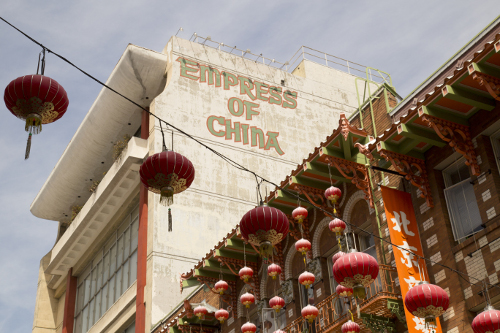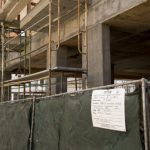Proposition J aims to help longtime businesses continue operating in San Francisco.
Why is this on the ballot?
Small businesses generally rent, rather than own, the spaces where they operate. They sign multiyear leases with landlords to lock in monthly rents that often align with the going prices nearby, and when those leases expire they negotiate new rates. But San Francisco’s real estate values have skyrocketed. Now landlords are offering new leases at significantly higher rents, occasionally pricing out longtime businesses, which are forced to relocate, sometimes outside the city.
What would it do?
Proposition J would create a city fund to dole out millions of dollars in grants every year to two different groups:
-
Businesses: The money would enable them to afford rents. Annual grants would be limited to $50,000 per business, calculated based on how many hours employees worked.
-
Landlords: The subsidy would encourage them to offer long leases of at least 10 years to keep qualifying legacy firms from leaving the city. Annual grants would be limited to $22,500 per landlord, calculated based on the business’ square footage.
Is there a catch?
This measure could get pricey. As it is written, there are no limits on how many total businesses and landlords could become eligible for grants. So, if the Board of Supervisors did not apply any limits in the future, then this program’s annual tab could grow to $94 million by the fund’s 25th year, based on the city’s controller’s projections. But if the board limited the fund, and if the grant recipients qualified for more money than was available, then each recipient would get a smaller slice of the pie.
The grants could only go to “legacy businesses,” or to landlords who leased to them. And to get that special title, a business would have to be nominated by the mayor or a city supervisor, and have operated in the city for at least 30 years. Businesses could also qualify if they had operated for at least 20 years, and could prove they were crucial to the community’s identity and at risk of being priced out of their rented spaces.
Would it increase the cost of government?
Grants from the Legacy Business Fund, which Proposition J would establish, could grow every year — so that by its 25th year it would carry a maximum annual price tag of $51 to $94 million, based on the city controller’s estimates. This assumes that the Board of Supervisors never chooses to limit the fund’s size.
The fund would give money to two types of recipients:
-
Legacy businesses: About 7,500 San Francisco businesses meet the criteria to be dubbed legacy. If they became eligible for the grants at the maximum rate (300 new businesses per year), all would all be receiving government checks within 25 years. In the fund’s first year, grants to businesses could total $1.2 million. By the year 2040, that could grow to $30 million annually.
-
Landlords, who rent to San Francisco’s legacy businesses in 75 percent of all cases: In the fund’s first year, grants to landlords could total between $850,000 and $2.5 million. By the year 2040, that number could grow to a total annual handout of $21 million to $63 million.
Who officially proposed it?
Supervisors David Campos, John Avalos, Jane Kim and Eric Mar.
Who officially opposes it?
The San Francisco Taxpayers Association.
Follow the money
View all filing activity supporting or opposing the measure.
Still puzzled?
We want your questions. If you are still wondering about how Proposition J will work or impact San Francisco, ask! Use #election2015 and our Twitter handle (@sfpublicpress) and we will do our best to get answers.
Photos by Stella Sadikin / San Francisco Public Press










